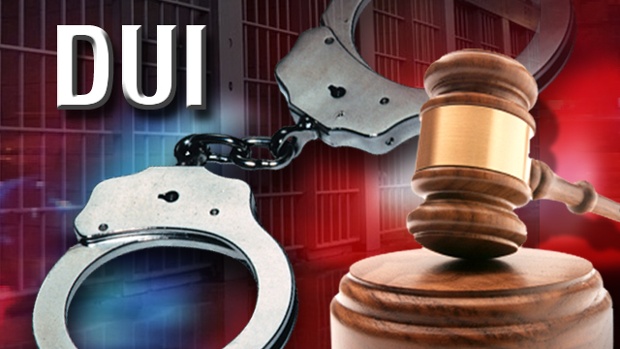
Getting a traffic ticket can be stressful, but how you respond can greatly impact the outcome. First, take a moment to examine the ticket for errors and gather your documents. You have options: pay the fine, contest it in court, or attend traffic school. Each choice carries different consequences and benefits. Understanding these pathways is vital, as your next steps could influence your driving record and financial situation. What will you choose?
Receiving a traffic ticket can feel overwhelming, but knowing how to respond can make all the difference. First and foremost, it's essential to stay calm when you receive that ticket. Reacting with anger or frustration can escalate the situation, making it harder to address the issue at hand. Once you've taken a moment to breathe, review the ticket carefully for any errors. An inaccurate ticket can work in your favor during your case, so take note of any discrepancies.
Next, gather all necessary documentation, including your driver's license, registration, and insurance information. Having these documents on hand will streamline your process and allow you to respond more effectively. It's also advantageous to familiarize yourself with local and state traffic laws. Understanding these regulations can strengthen your case if you decide to contest the ticket. A traffic attorney can help you understand your rights and responsibilities in this situation.
Gather essential documentation like your driver's license and insurance information, and familiarize yourself with traffic laws to strengthen your case.
Speaking of which, you'll want to reflect on your options moving forward. Paying the fine is one route, but remember that it admits guilt and could lead to higher insurance rates and points on your license. Alternatively, contesting the ticket will require you to appear in court or submit a written declaration pleading not guilty. If you're eligible, traffic school could be a viable option to reduce points or penalties on your driving record. A viable legal defense is necessary for contesting the ticket, so consider your options carefully. Whatever path you choose, be sure to respect all response deadlines to avoid additional fines or penalties.
If you choose to contest the ticket, gathering evidence is key. Document the scene if applicable by taking photos, and collect contact information from any witnesses who may support your case. Additionally, you might want to request documentation regarding the officer's equipment, such as radar guns, to guarantee accuracy in their measurements. Organize this evidence systematically, as a well-prepared case can greatly bolster your position.
Don't hesitate to seek legal advice; a traffic attorney can guide you in gathering the right evidence and preparing your defense. When preparing for court, remember that first impressions matter. Dress appropriately to convey professionalism and arrive early to confirm you're on time. Maintain decorum in the courtroom; being respectful can only enhance your credibility.
If you're working with an attorney, they can provide insight into presenting your case clearly and confidently, which can make a real difference. Lastly, reflect on the financial implications of your choices. Various payment methods exist for fines, so explore those options to find what works best for you. If you're facing financial hardship, some courts may allow you to request a fine reduction.
Keep in mind that ignoring the ticket can lead to additional fines and even a warrant for your arrest. Ignoring your responsibilities only complicates matters further. By approaching your situation strategically and thoughtfully, you can navigate the aftermath of a traffic ticket more effectively and potentially mitigate its consequences.
Conclusion
In the digital age, dealing with a traffic ticket doesn't have to feel like maneuvering through a labyrinth. Take a breath, gather your documents, and assess your options—whether it's paying the fine, contesting it, or considering traffic school. Stay aware of deadlines and don't hesitate to seek legal advice if needed. Remember, how you respond can influence the outcome. So, approach the situation strategically, and steer yourself toward the best resolution. You're in the driver's seat!
